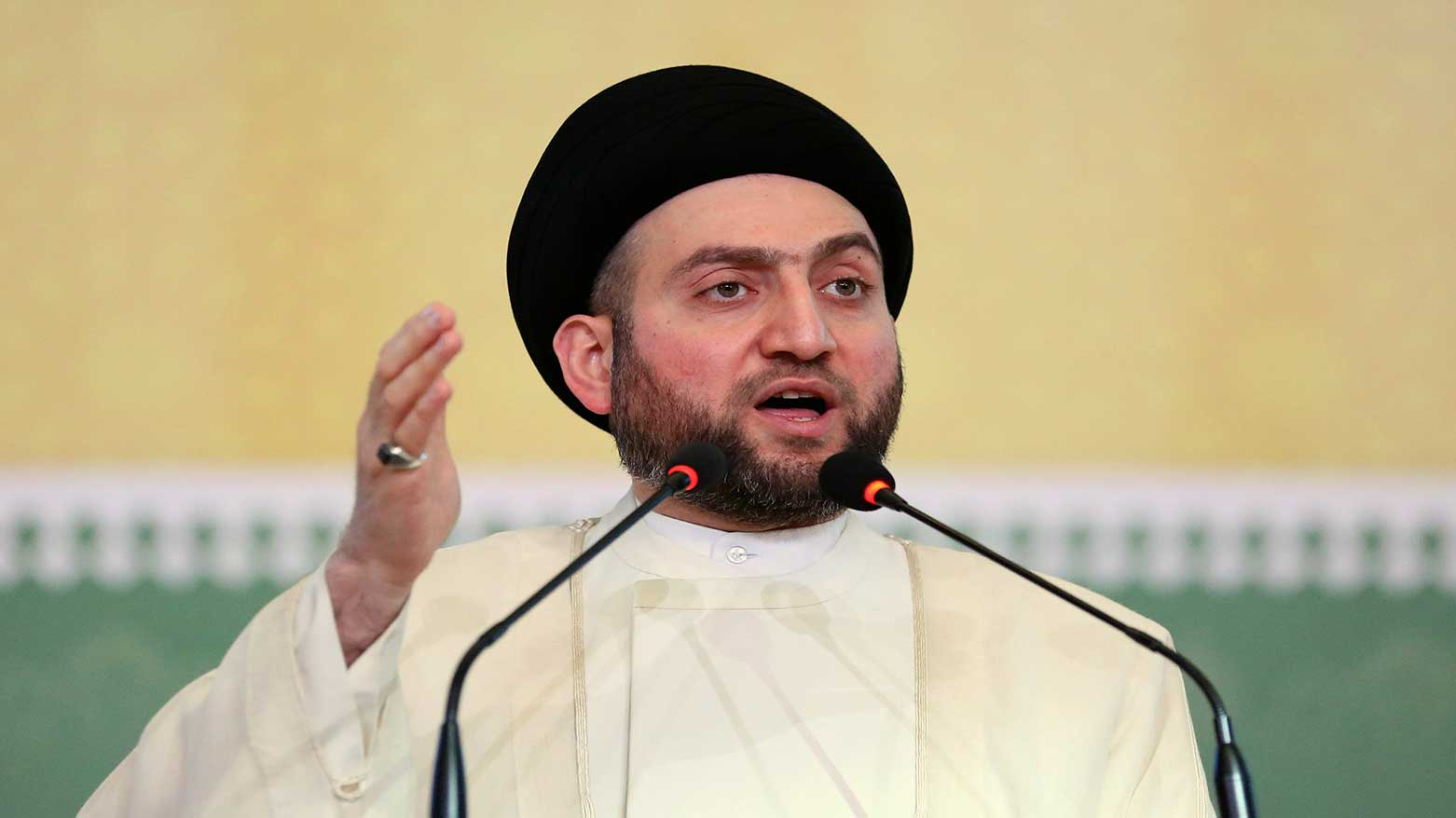Ammar Al-Hakim: Anfal Genocide Among the Most Heinous Crimes of the Dictatorship Era
"On its painful 37th anniversary, the Anfal crime remains one of the worst tragedies under decades of dictatorship, during which our Kurdish people faced oppression, displacement, mass graves, and the destruction of their lands," Al-Hakim wrote.

ERBIL (Kurdistan24) — On the 37th anniversary of the Anfal genocide, Ammar Al-Hakim, Head of the Hikma National Movement, paid solemn tribute to the victims of what he described as “one of the most horrific experiences of death and destruction” endured by the Iraqi people under decades of dictatorship.
In a post on platform X (formerly Twitter), Al-Hakim condemned the crimes committed during the Anfal Campaign, stating that the Kurdish people were subjected to unbearable suffering, including “systematic oppression, mass displacement, mass graves, confiscation of property, and the razing of vast lands, orchards, and farms.”
“On its painful 37th anniversary, the Anfal crime stands as one of the most atrocious experiences of death and destruction suffered by our Iraqi people under decades of dictatorship. Under its weight, our Kurdish people endured various forms of oppression, abuse, displacement, mass graves, confiscation of property, and the destruction of vast lands and farmlands,” Al-Hakim wrote.
Al-Hakim called on Iraq’s political leaders and partners in the national landscape to go beyond remembrance by working to honor the victims of the former regime in meaningful ways—both materially and morally.
“As we bow in reverence to the victims of this tragedy,” he added, “we urge all political actors to uphold their responsibility to immortalize these injustices and provide the victims and their families with compensation—both financial and emotional.”
The Anfal genocide, carried out by Saddam Hussein’s Ba’athist regime in the late 1980s, specifically targeted the Kurdish population in northern Iraq. The military campaign—named after a Qur’anic chapter—led to the systematic killing of over 182,000 Kurdish civilians, the destruction of thousands of villages, and the forced displacement of countless others.
The campaign also included chemical attacks, most notably the Halabja massacre in 1988. While the international community has recognized these acts as genocide, survivors and victims’ families continue to seek full justice and reparations.
Al-Hakim concluded his message with a tribute to all Iraqis who lost their lives to violence and tyranny, emphasizing unity and the need to ensure that such atrocities never recur.
“Peace be upon all the martyrs of Iraq,” he wrote, encapsulating a national spirit of mourning and solidarity.
في ذكراها السابعة والثلاثون الأليمة تعتبر جريمة الأنفال إحدى أبشع تجارب الموت والتدمير المرير الذي قاساها شعبنا العراقي على مدى عقود الحكم الديكتاتوري، حيث تعرض شعبنا الكردي تحت طائلتها لصنوف عذابات القهر والتنكيل والتشريد والمقابر الجماعية ومصادرة الممتلكات وتجريف الأراضي…
— Ammar Al-Hakim | عمار الحكيم (@Ammar_Alhakeem) April 14, 2025